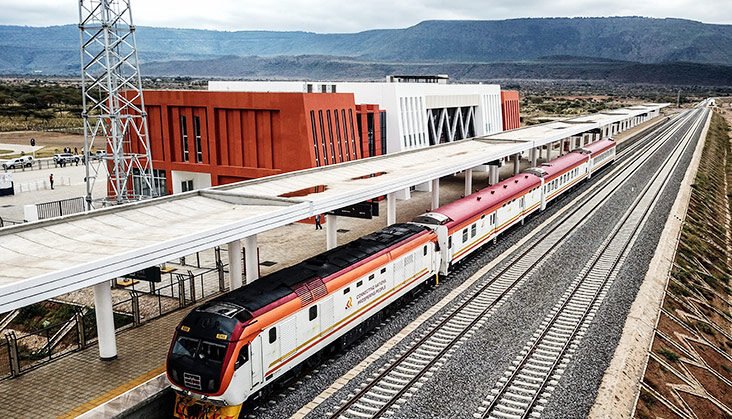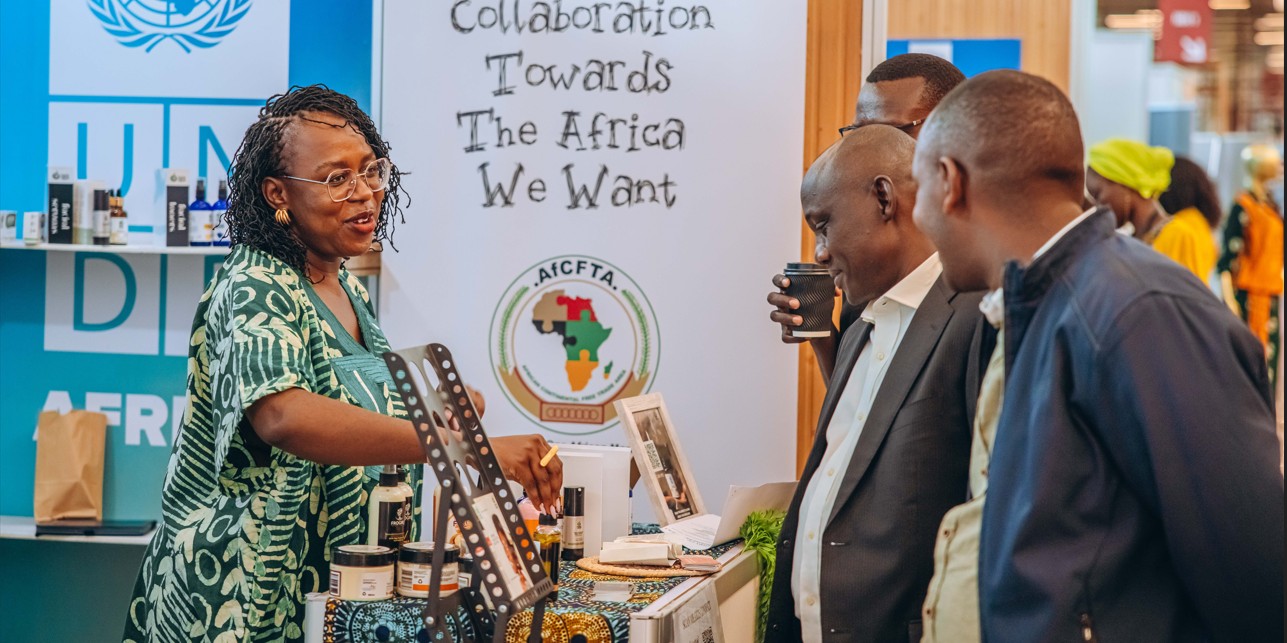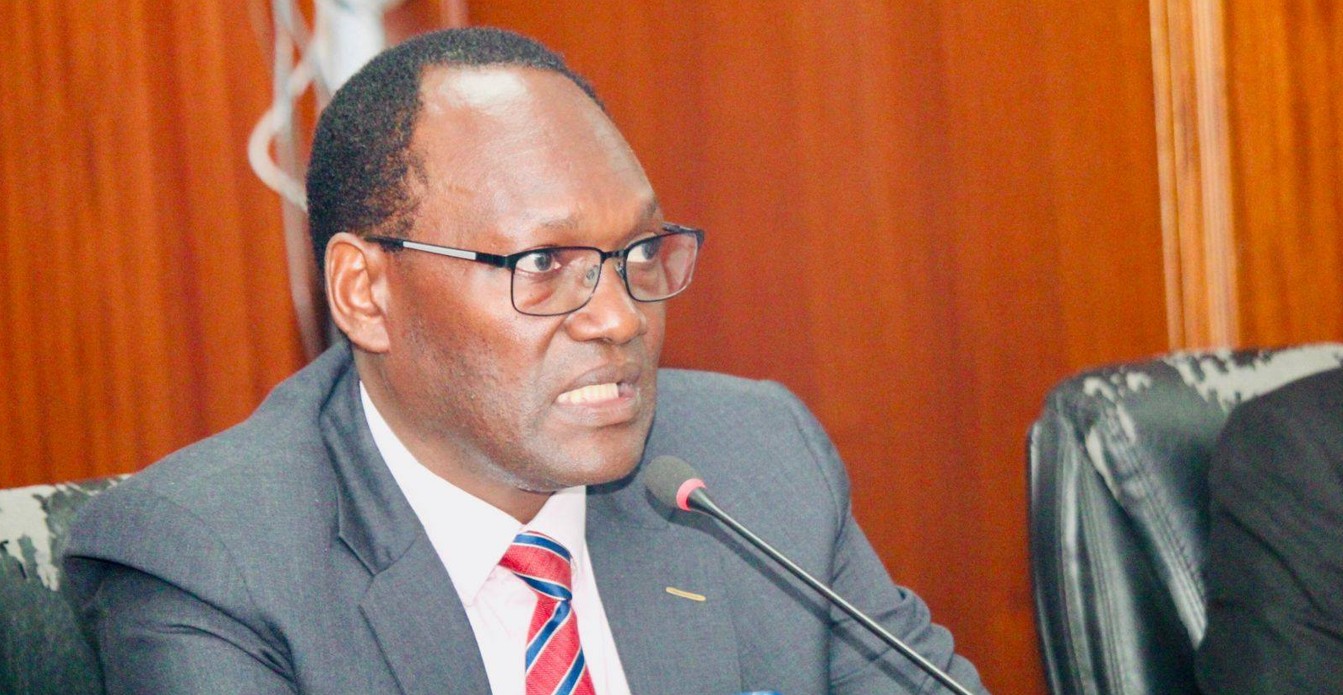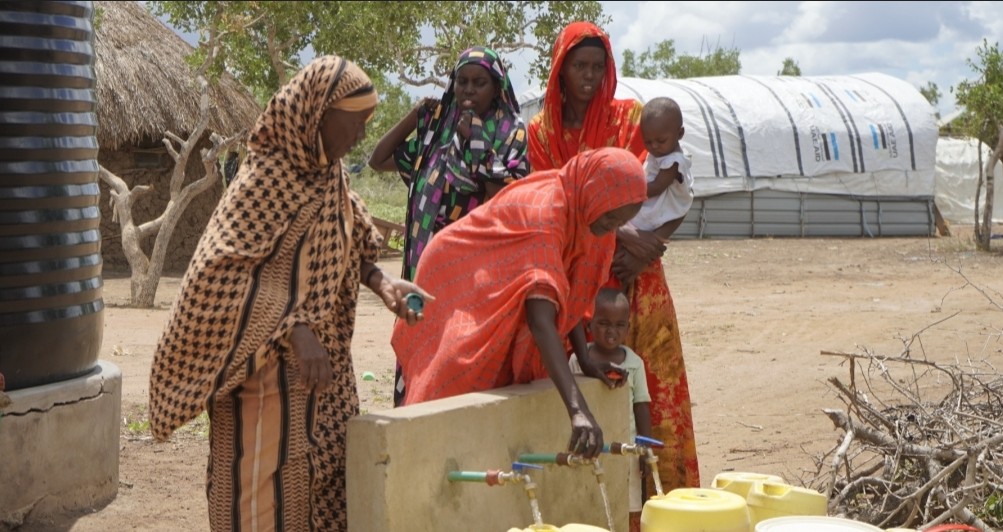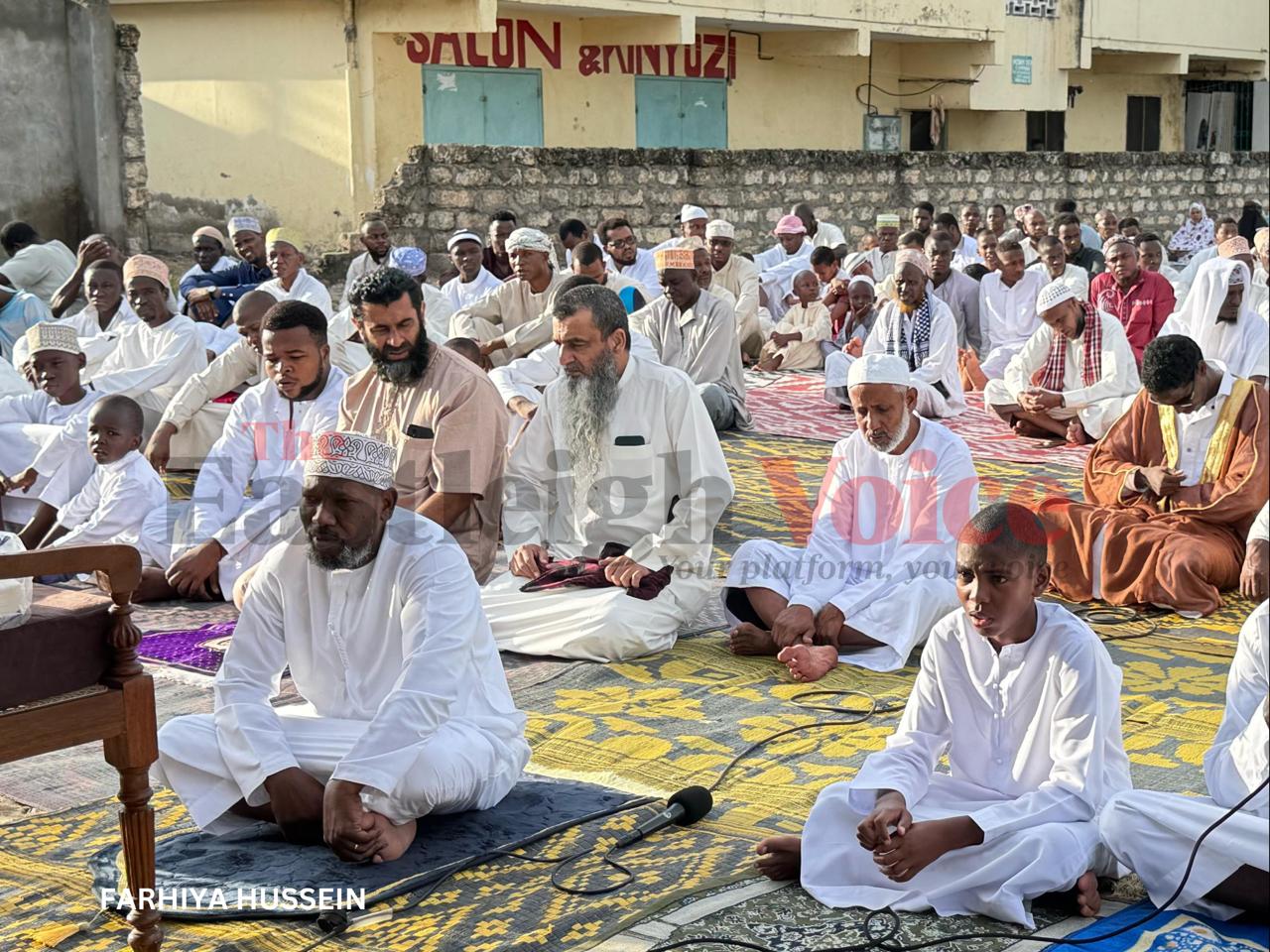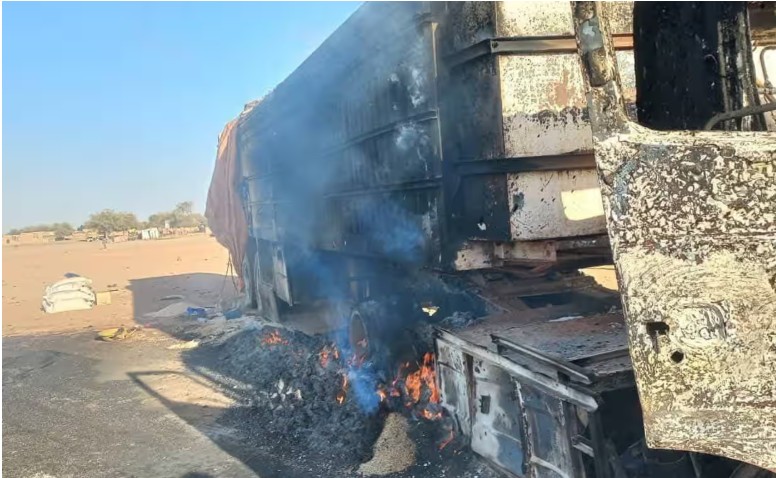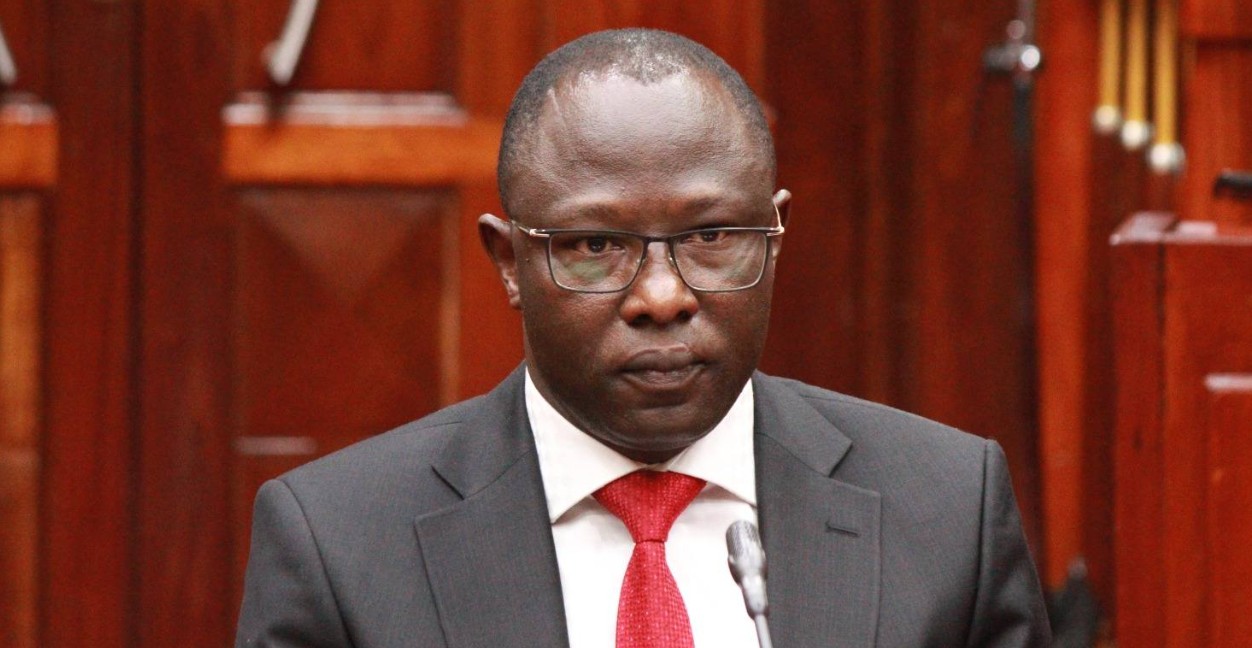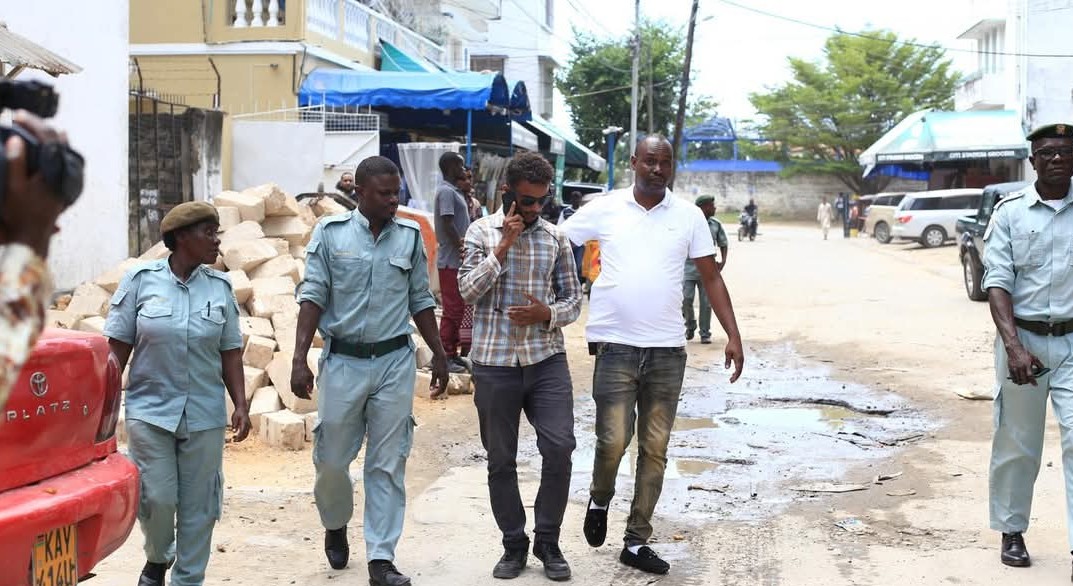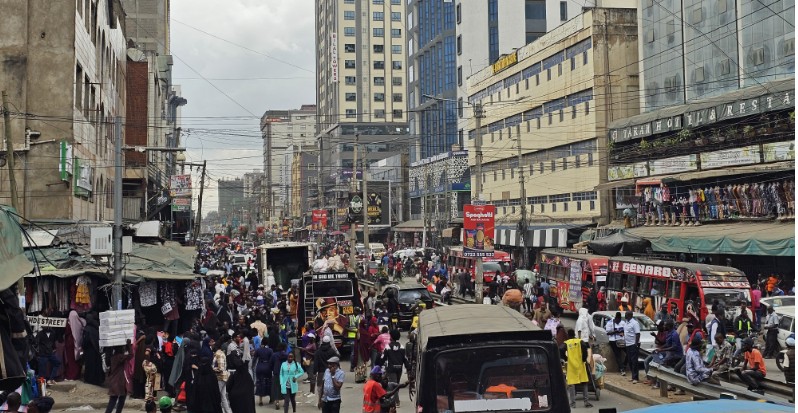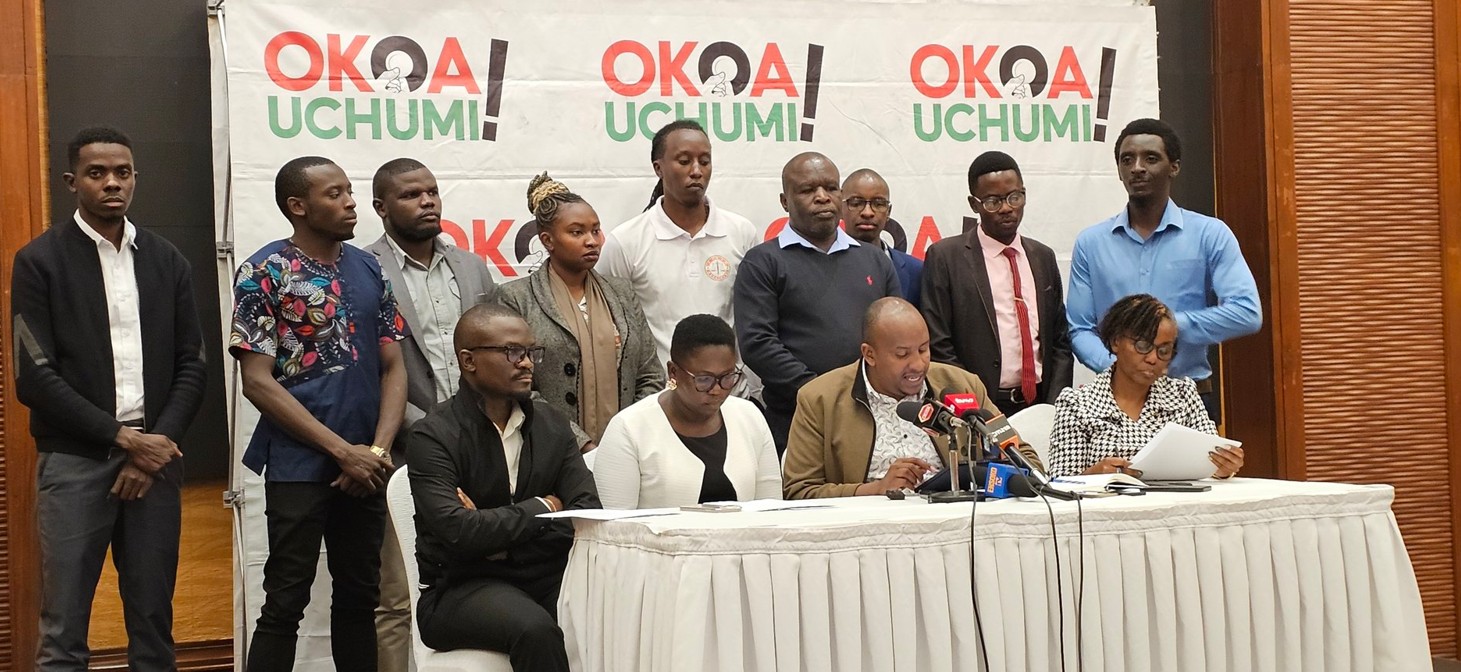'I start every day in debt'- Inside a Nairobi tuk-tuk driver’s 16-hour hustle
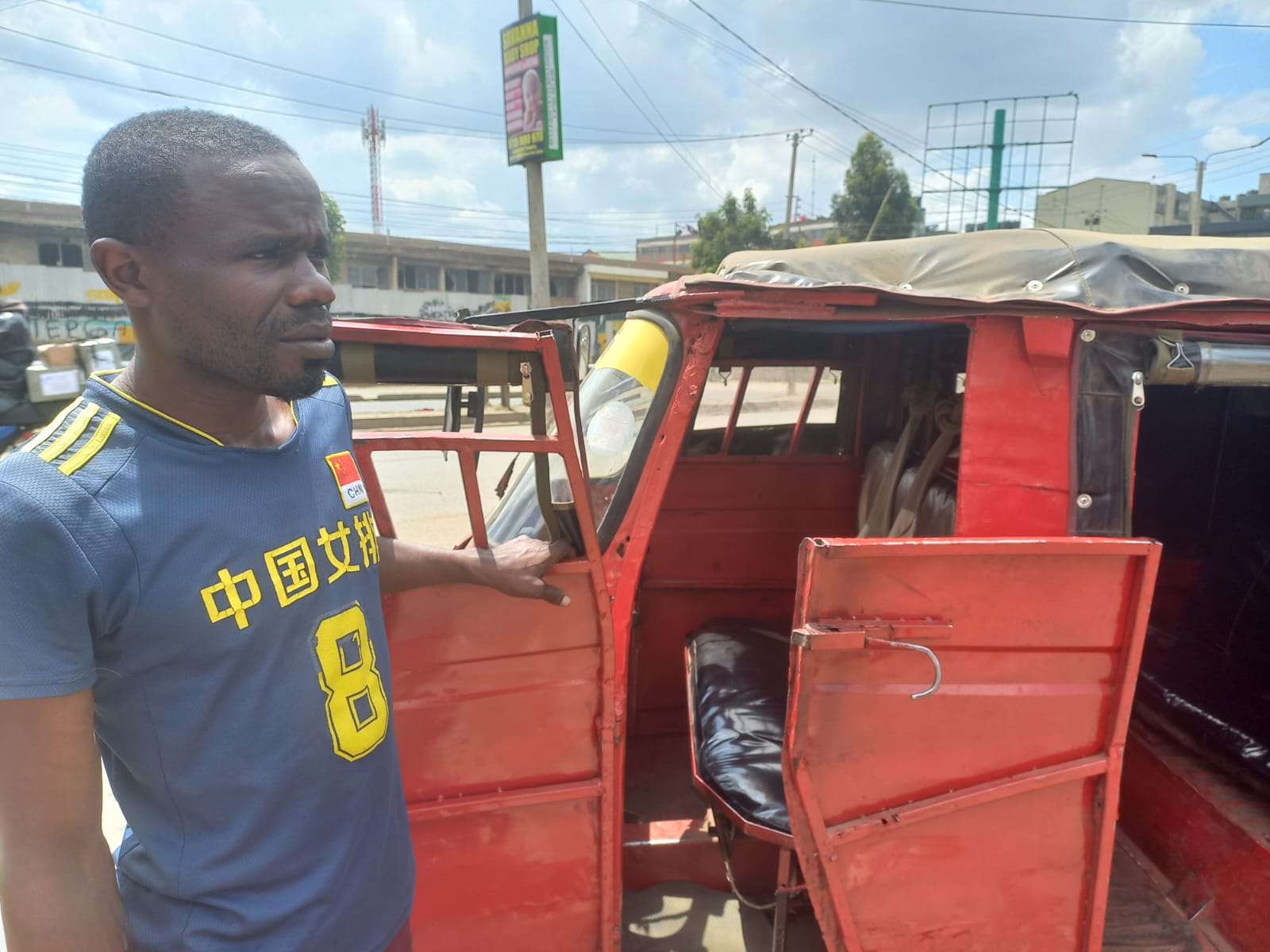
Ngugi is employed, and he has to hand over Sh1,000 to his boss every day without fail. Apart from that, he has to divide some of his earnings with the traffic police or city council (Kanjo) officers, leaving his with a meagre income.
At exactly 3 am, while most of Nairobi's residents are still fast asleep, Timothy Ngugi is already up. By 4 am, he’s on the road, driving his three-wheeled tuk-tuk through the cold and dimly lit streets of Kariokor.
“I have to be ahead of the sun,” he chuckles, adjusting his grip on the handlebars as we drive from Pangani to OTC in downtown Nairobi.
“Because if you snooze in this business, you lose.”
Ngugi, like many other tuk-tuk drivers operating along the busy Kariokor–Gikomba–Pangani–OTC belt, works long hours ferrying people and goods across Nairobi’s inner-city neighbourhoods.
His shift ends at 8 pm, a gruelling 16-hour workday, yet he does not complain. This is what it takes to make a living.
Ngugi is employed, and he has to hand over Sh1,000 to his boss every day without fail. Apart from that, he has to divide some of his earnings with the traffic police or city council (Kanjo) officers, leaving his with a meagre income.
This is how the system works.
He starts the day already in debt — Sh1,000 owed to the owner. Then he has to hustle: drive, deal with some good and some difficult customers, avoid reckless drivers, and sweat just to break even.
And that’s before fuelling the tuk-tuk, buying lunch, or saving a little something for home. It’s a hustle wrapped in pressure, masked by the familiar buzz of three wheels on tarmac.
“It’s like starting every morning in debt. Before you even make one shilling, you’re already in debt,” he tells Eastleigh Voice.
And on slow days? When customers are few, or traffic eats up time and fuel? The owner still wants his cut. No excuses.
“You can work the whole day and go home empty-handed. But the boss still smiles, which is okay,” Ngugi says. “Because at least the tuk-tuk keeps moving. And tomorrow… maybe tomorrow will be better.”
There’s no bitterness in his voice, just reality. In this line of work, hope is a quiet companion. You learn to take the losses with the wins, keep your foot light on the pedal, and wake up the next day ready to do it all again.
The deal behind the wheel
Costs for fuel, maintenance, and any minor repairs are all on him. The boss only steps in for major issues or Sacco-related matters.
“Here, navigating the packed streets of Nairobi, you learn to drive with care. You have to learn how to drive fast and think even faster. Every second counts out here,” he says.
“It’s like taking a dangerous driving lesson every day — with real money on the line. But still, you have to be careful. Don’t press too hard on the gas. Every extra drop of fuel you burn is cash slipping through your fingers. And when that’s coming out of your pocket, it hurts but that’s life.”
On a good day, Ngugi says he can earn about Sh3,000. After setting aside Sh1,000 for the owner and buying fuel — often the biggest expense — he might walk away with Sh1,000 to Sh1,500 in profit.
But on slower days, especially weekends or during bad weather, he sometimes heads home with as little as Sh200, or nothing.
“There are days I sleep hungry. But I still have to give the boss his cut. Whether you eat or not, that’s your problem.”
Rushing through the streets
If you’ve ever seen tuk-tuk drivers dart through traffic or swerve past matatus, it’s not just poor driving, it’s survival.
“Time is money. You waste even five minutes chatting, another tuk-tuk has already picked that customer.”
Getting that Sh50 or even Sh20 from one customer can make a big difference.
Ngugi operates under one of several tuk-tuk route systems managed by local Saccos — Falcon, Manchester City, and MasTuk. Each Sacco marks its vehicles clearly on the windscreen, while others lack labels altogether.
These networks manage pickups and drop-offs along the Kariokor loop. But within the system, it’s every driver for himself.
“You must be fast, but smart. Fuel is on you. So if you rush too much, you burn through it. Balance is key.”
Navigating the city comes with its own set of dangers. Ngugi says the worst part isn’t even the traffic, it’s the condition of the roads.
“They’re terrible. Whether it’s sunny or rainy, the roads around here are a mess. Potholes everywhere. They wear down our vehicles faster — that’s why we’re always in and out of the garage.”
“Sometimes you spend more fixing the tuk-tuk than you earn. But what choice do we have? We still have to show up and hustle.”
When it comes to enforcement, Ngugi says he rarely has issues with Kanjo or police, as long as he’s in uniform and his paperwork is in order. “Maybe because we cover shorter distances, they don’t harass us much.”
Competition is stiff, but he’s unfazed. “This is Nairobi. Everyone has their customers. You do your part and hope for the best.”
Regular customers
His regular passengers are market traders, small business owners, and customers moving goods between Kariokor, Gikomba, Majengo, and Pangani. The rides may be short, but they’re constant.
Payments are mostly in cash or via M-Pesa, which he prefers. “When people used to send money directly, they could reverse the payment. Now with Pochi, once it’s done, it’s done. Cunning customers can’t reverse the money.”
Ngugi remains realistic but hopeful. As we approach OTC, the main stage for their route, he gestures towards a line of tuk-tuks neatly parked next to Quickmart.
“This is where it all begins. We queue here so everyone gets a fair chance. It keeps the chaos in check and helps us work in some kind of order even in a city that rarely follows rules,” he says.
“I don’t want to drive a tuk-tuk forever. I’m saving. One day, I want to open my own business.”
He hasn’t decided what kind yet, but anything that helps him put food on the table and spend more time with his family. “I do this so my kids can go to school, so they don’t have to hustle like me.”
He ends his day at 8 pm before heading home for dinner. “I’m out all day, but I go home to be with my family. That’s important.”
When asked what he’d like to see change, Ngugi’s answer is simple and direct. “Fix the roads.”
A smoother ride, he believes, would make a huge difference for safety, comfort, and even profits.
Top Stories Today
